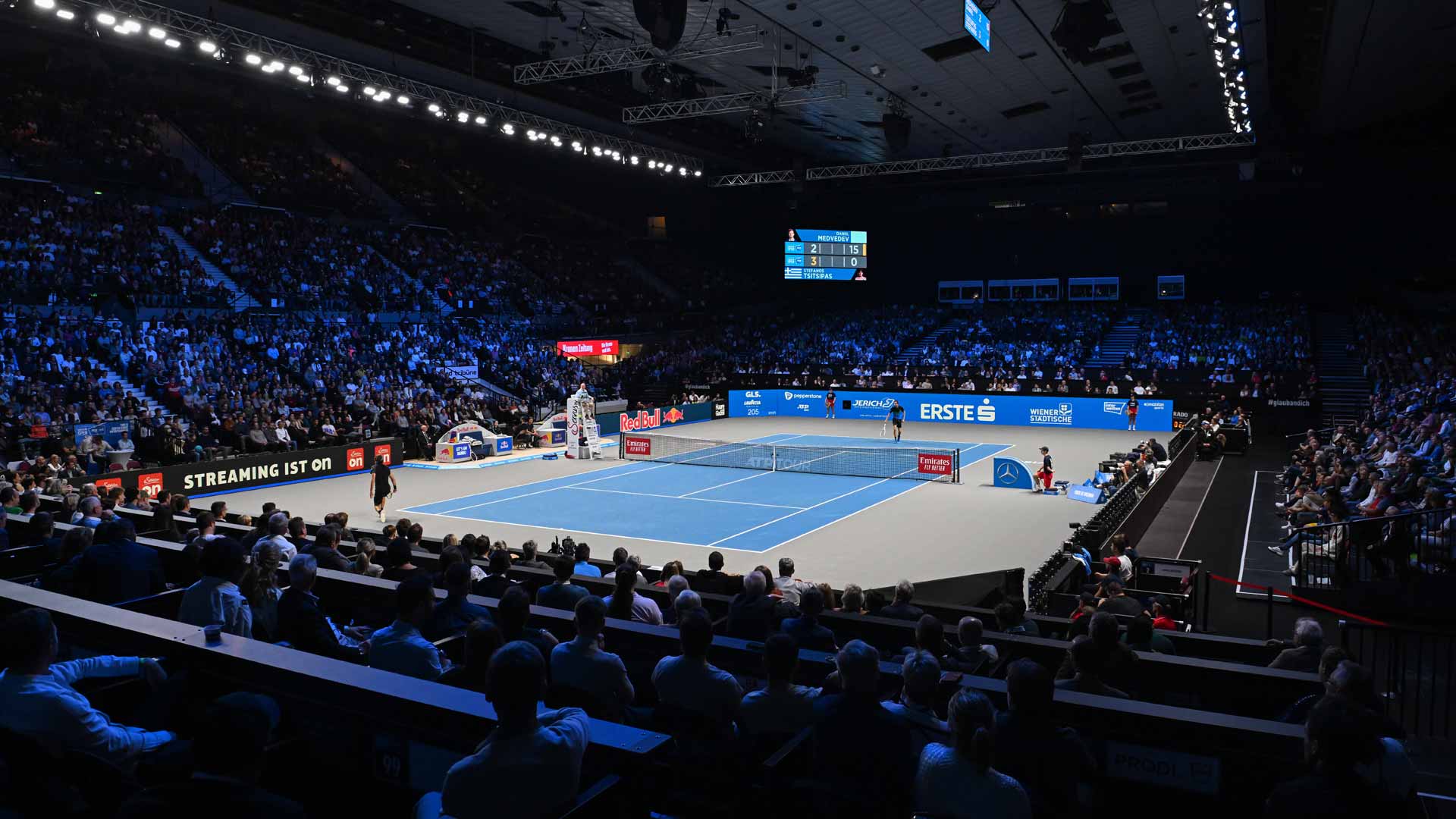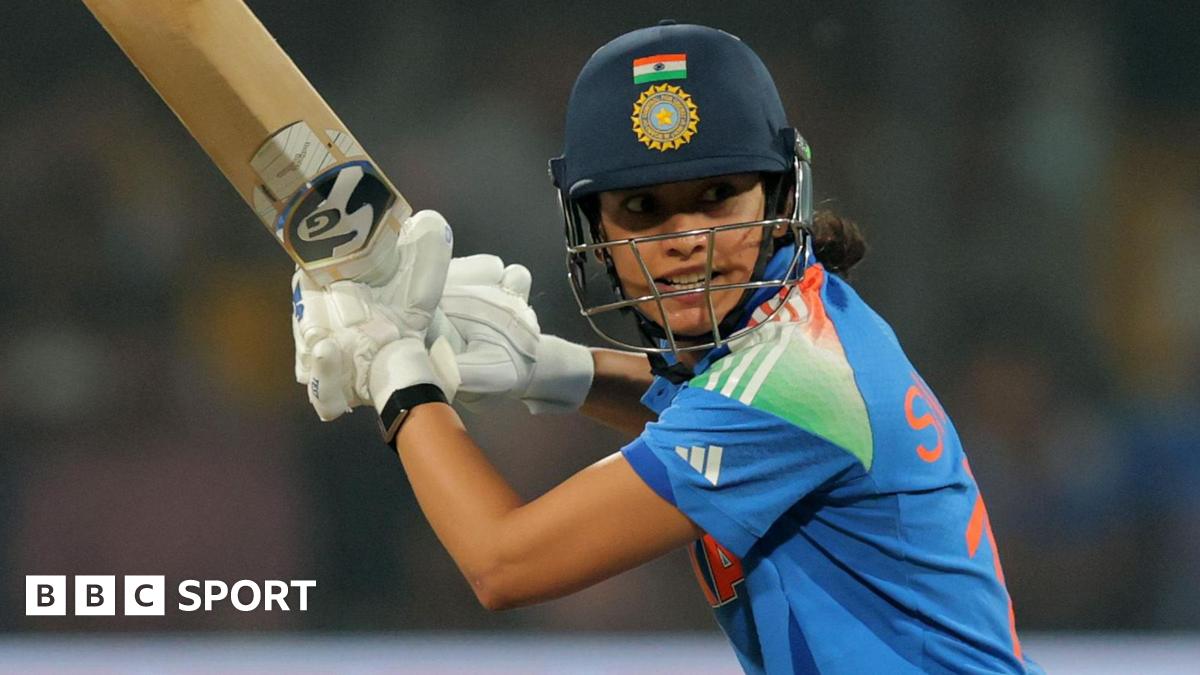Badminton's T20 era? New scoring format at Jr. Worlds adds to thrills but more demanding

At 3-9 down to Carine Tee in the Round-of-16 of the ongoing BWF World Junior Championships in Guwahati, Unnati Hooda felt restricted, under pressure and running out of time. The fear of another error was cramping her style. In any other tournament she'd have plenty of time - and plenty of points - to recover but not here; under a new points system being trialled in Guwahati, the first player to 15 points wins.Many others have also felt this split second of realisation and, while it has resulted in visible nerves in several players mid-match, it has also resulted in more eye-catching stroke making and can cause a player's intrinsic badminton skills to come to the fore. The margin for mistakes reduces drastically, as the potential for flair and intensity increases.Unnati herself has added to her speed drills in the pre-match to hit her stride quicker. Tanvi Sharma's sparkling shot-making shows she is enjoying the format. Gnana Dattu is visualising his shots more before coming to the court.At the same time, Rakshitha Sree Ramraj admitted it put her under pressure and reduced her time to understand her opponent, something that Unnati also felt. Viswa Tej Gobburu said that this made mid-game comebacks even harder. Tian Qi Zhang felt it was more physically demanding. India's singles coach Park Taesang found it confusing initially, while doubles coach Ivan Sozonov had a rather profound observation - this change made it a more level playing field at this competition.Mixed reviews so farThe reviews from players are cautiously mixed so far at the quarterfinal stage. By their fourth match in this format, players are used to the shorter version, and many have played it at the junior level and some futures tournaments.Top seed Tanvi had a perfectly balanced review: "This is better [for my style] and I am enjoying it, but this is a little hard since we can't start relaxed." That's both the crux and conundrum of this: more explosive strokes, but less scope of errors on those flashy strokes.Whichever lens you look from though, this is an interesting innovation from the BWF, which is part of a wider testing and analysis programme. The rules remain the same - change of ends at around the halfway mark, a difference of 2 points to win - but reducing 6 points from each game changes tactics in its own way.It requires more immediate physical adjustments and frequent mental ones. Unnati's speed drills for example, are employed to have her dialled in from the go because of reduced game time. The warmup courts are also seeing longer sessions to accommodate the lesser time on court to get a feel of things. Mentally, integral-but-abstract sports concepts such as momentum and intensity feel much more tangible in such a format."The players must change themselves very quickly, because in a short game there is less time for tactics, to feed the players. Also, everyone is fresh, so the quality of strokes becomes more important. That's also tricky because if you play risky strokes a lot, there can be mistakes," said India's specialist doubles coach Sozonov.Rounak Chouhan, who exited in the third round after a very close fight Li Zhi Hang of China, echoed this. "Because it's 15 points, you don't get much time to read the game"It also makes comebacks harder. "You need to be prepared from the first point. The more attacking you play, the more points you get and once you get the lead you are always in the advantage because it's 15 points."Dattu, the sole remaining Indian in boys singles, believes it is a mental game. "If you are mentally strong, then you can find momentum or else, for some people, it's very difficult to find momentum and they lose. Sometimes it's hard to find momentum for even high-level pairs." Dattu's own mentality has seen him comeback against fellow Indian Suryaksh Rawat and then knock out 8th seed Garret Tan.As Sozonov says, in Guwahati this aspect can open doors for India as this format offers more opportunities to many countries and not just the traditional heavyweights.Is the change needed?With shorter formats being trialled across a number of sports such as chess, shooting and tennis to make it more spectator friendly, it's natural for a sport to innovate. But this change is not just about television potential - which badminton has - but more about a player's phsycality.Do badminton matches need to become shorter? The short answer is yes, almost paradoxically so, given how quick points typically are. The sport has always been about the speed of the shuttle in the air and on court, but the element of endurance has been constantly increasing with matches stretching longer and longer and days ending past midnight after post-match recovery. It's not just the playing time, the longer rallies stretch the in-game breaks as well, for towels and treatment and such. With the daily play and weekly tournament calendar format of the BWF Tour, fitness has become a major concern. Olympic champion Viktor Axelsen's frequently rails against this, even once calling for a 10-day All England Championship.A shorter format can certainly ease some of the physical stress, and that seems to be the line of thinking from BWF as well. "These new scoring initiatives are designed to modernise badminton in ways that protect athlete wellbeing while making the sport even more exciting and engaging for global audiences," BWF President Khunying Patama Leeswadtrakul said in a release.Junior tournaments can be the ideal testing ground for these innovations, as such a scoring change - if brought into the mainstream game - can only be after 2026. The BWF Council had endorsed this alternative format in 2024 and a vote on this will happen only at the BWF Annual General Meeting in April 2026. Currently, the organisation is gathering data from these events to assess its impact.Badminton is no stranger to various scoring changes, from a lengthy serve-over - where only the serving side could score points - to the radical 7-points system, before the current 21-point system came into place in 2006. In the mixed team championship last week, the new relay points system was introduced where each of the 5 disciplines had a first-to-9 match, with the team reaching 45 points first winning the set.Can this small tweak make a big difference? One World Championship is too small a sample size to form any definitive opinions. But it certainly has shaken things up and will be one of the talking points from this competition.











